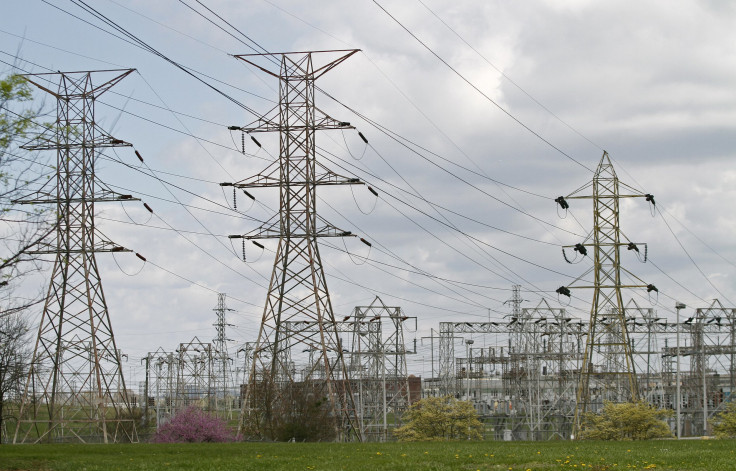Supreme Court To Consider Case On Federal 'Demand Response' Rule For Energy Conservation

The U.S. Supreme Court said Monday it will hear a case involving a federal rule that encourages large companies to lower their electricity consumption. The rule is a key component of the Obama climate-change agenda, which seeks to reduce carbon dioxide emissions from power plants.
A question is whether the Federal Energy Regulatory Commission overstepped its authority by issuing a 2011 regulation on “demand response,” known as Order 745. FERC oversees wholesale electricity markets, and the ruling allows the agency to require regional grid operators to boost their payments to factories, grocery store chains and other major power customers that reduce energy use during the afternoon and hours of peak demand.
A federal appeals court ruled last year that only state authorities -- not FERC -- are allowed to regulate demand response programs. The District of Columbia Circuit Court’s decision was prompted by lawsuits from the Electric Power Supply Association, whose members include Exelon Corp. and Dynegy Inc., and the Edison Electric Institute, which represents utilities such as Entergy Corp. and Southern Co.
Opponents say demand-response payments have become excessive, and they unfairly cut into utility revenues. The FERC rule distorts electricity markets “by dramatically overcompensating retail customers for not consuming energy,” the Electric Power Supply Association said, according to the Wall Street Journal.
The Supreme Court said it will consider the FERC case during its next term, which starts in October. Pending a decision, FERC’s demand response rule remains in effect.
Environmental groups and clean-energy companies cheered the Supreme Court’s decision to accept the case. Encouraging greater reductions in electricity usage will help curb carbon pollution from America’s coal- and natural-gas fired power plants, proponents say. President Barack Obama last fall set a target to reduce U.S. greenhouse gas emissions to 28 percent less than 2005 levels by 2030.
The FERC order also benefits a burgeoning industry for smart-grid technologies, which businesses such as retail giant Wal-Mart Stores Inc. and steelmaker Alcoa Inc. use to control and lower their energy consumption. In the 13-state mid-Atlantic region, consumers earned $17.7 million last year from power companies in exchange for curtailing peak electricity use, according to Monitoring Analytics LLC, which oversees the PJM Interconnection, a regional grid operator.
“It’s a great day for demand response and consumers across the country,” Frank Lacey, a vice president at Comverge Inc., an energy efficiency company, told Bloomberg News. “We believe the court will hold that demand response is rightfully within the jurisdiction of FERC and consumers will continue to save billions of dollars annually because of the decision.”
Joseph Hall, a partner at the international law firm Dorsey & Whitney in Washington, said the regulatory uncertainty surrounding demand response is tying up investment and private financing for energy-efficiency initiatives. Upholding FERC's rule would allow such programs "to advance and receive financial backing," he said in an emailed statement. "Such an order could also provide important guidance with respect to the role that states and the federal regulators may play in the rapidly developing power industry markets."
© Copyright IBTimes 2024. All rights reserved.





















